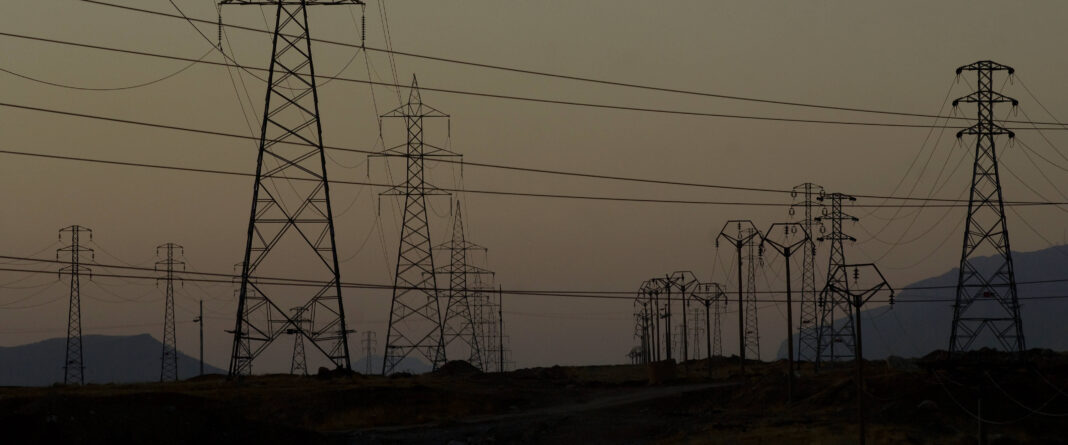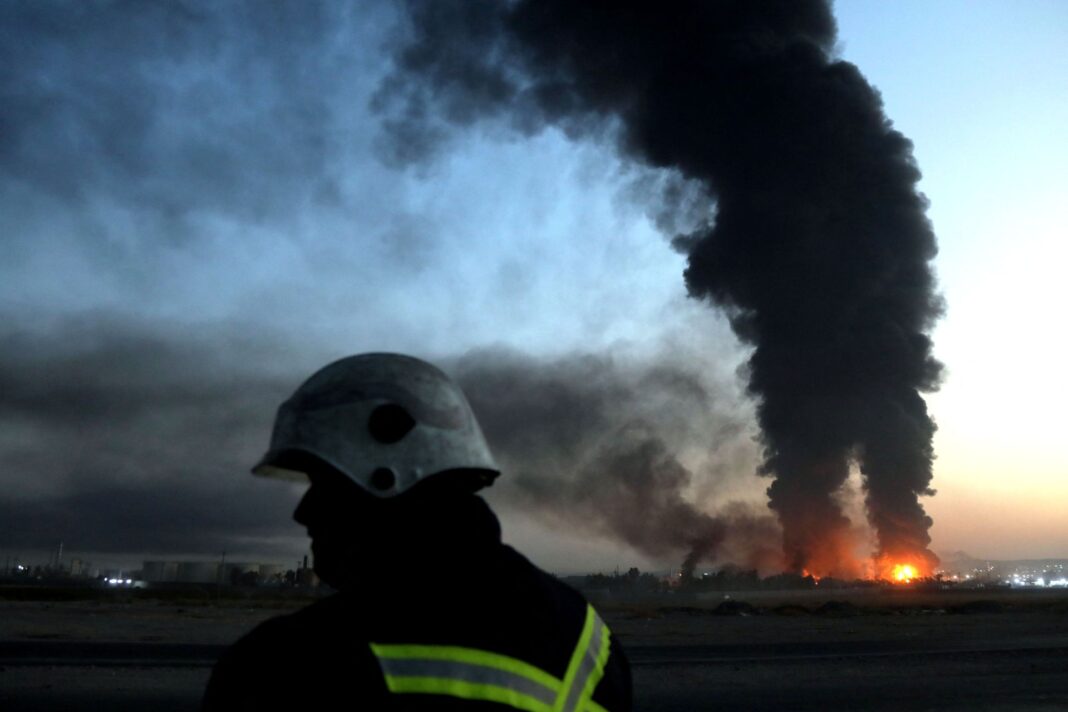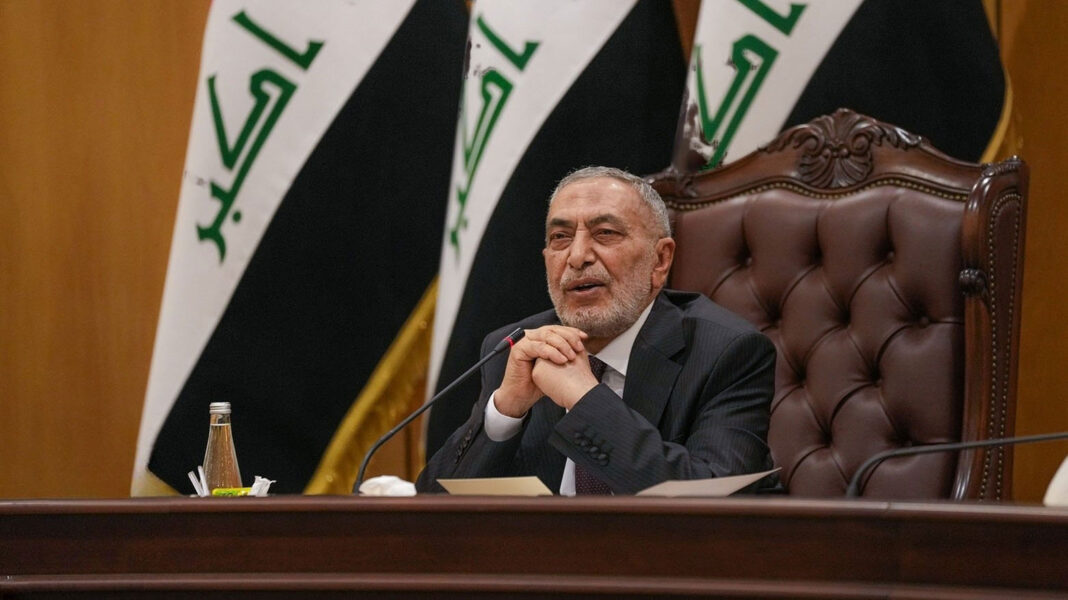Power cuts spark protests in Erbil, causing unrest among residents and drawing harsh security responses. Late Sunday, protests erupted in the Rawandz area, northeast of Erbil, over prolonged electricity shortages.
Residents took to the streets and blocked a major highway leading to an important border crossing with Iran. Consequently, security forces moved in to clear the road, resulting in clashes. The protests ended soon after the confrontation.
Local hospital sources reported that a man died from gunshot wounds during the clashes. He was identified as a 45-year-old father of ten involved in the demonstrations. While details about the shooting remain unclear, witnesses claim security forces fired at protesters.
Moreover, the Kurdistan region’s interior ministry confirmed one civilian death during the protests. Authorities promised to launch an investigation to clarify the incident and hold those responsible accountable.
Despite its reputation for stability within Iraq, the Kurdistan region continues to face serious energy challenges. Last week, officials announced that only about 30 percent of the region now receives continuous, state-supplied electricity.
Meanwhile, many households still suffer frequent power cuts lasting several hours. As a result, families rely heavily on costly private generators to meet basic needs.
Even though Iraq holds large oil and gas reserves, decades of war and neglect have severely damaged its energy infrastructure. The national electricity grid cannot meet the increasing demand, especially during scorching summer months.
Furthermore, the country imports significant energy supplies from neighboring Iran to compensate. However, these imports remain unstable, which causes frequent blackouts across Kurdistan and other parts of Iraq.
In conclusion, power cuts spark protests as frustration grows among residents who demand reliable electricity. Without urgent reforms and investment, energy shortages will continue to fuel social unrest.
To address these ongoing issues, officials must prioritize upgrading infrastructure and expanding clean energy sources. Only then can Iraq ensure stable power and prevent further protests fueled by energy shortages.



